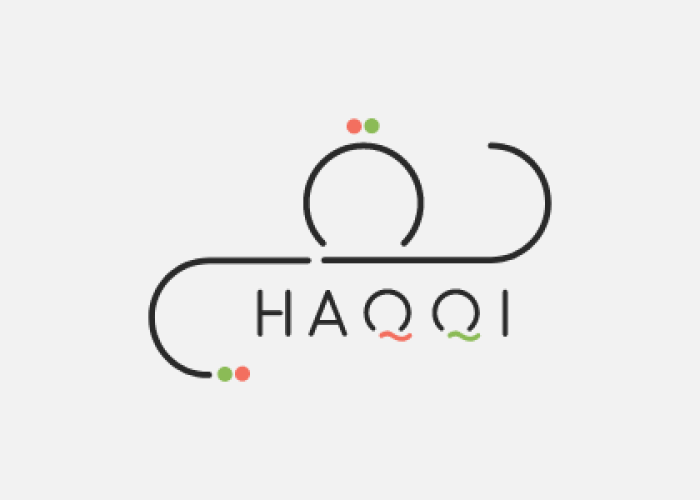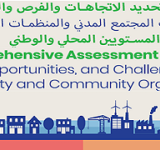Assessment of Renewable Energy Projects Through Public-Private Partnerships: Case Studies in Rural Areas of Jordan

In many countries,access to reliable energy services is constrained by weak infrastructure and limited budget. Engaging the private sector in providing energy services in rural areas through public private partnerships (PPPs) is sometimes seen as a viable option. One of the main obstacles to establishing PPPs in rural areas for improving energy services is a low return on investment. Successful PPP initiatives in rural areas therefore require government agencies to work closely with local communities,businesses and entrepreneurs at all stages of project development. This approach enhances governments’ capacity to develop integrated and innovative solutions to benefit from the private sector’s capital,technical skills and operational experiences. It also promotes the private sector’s participation in providing energy services,expanding rural energy markets and sharing business risks.
The project “Enhancing and Improving Access to Energy Services through Development of Public Private Renewable Energy Partnerships” seeks to build the capacity of governments and other stakeholders of PPPs for promoting renewable energy services in rural areas. Different types of PPPs will be examined evaluated in different regions/areas based on economic and social conditions. The project aims to focus on countries with special needs,taking into account experiences from different regions. The project is expected to demonstrate to stakeholders,particularly the private sector,the benefits of PPP. ESCWA selected Jordan from among other countries in the region for the implementation of the project in the region.
This report is prepared as a deliverable for the project according to the signed agreement between RSS and UN-ESCWA. Seven Jordanian case studies on Renewable Energy Public Private Partnerships (RE/PPPs) were selected to be surveyed to address their challenges and potential solutions


